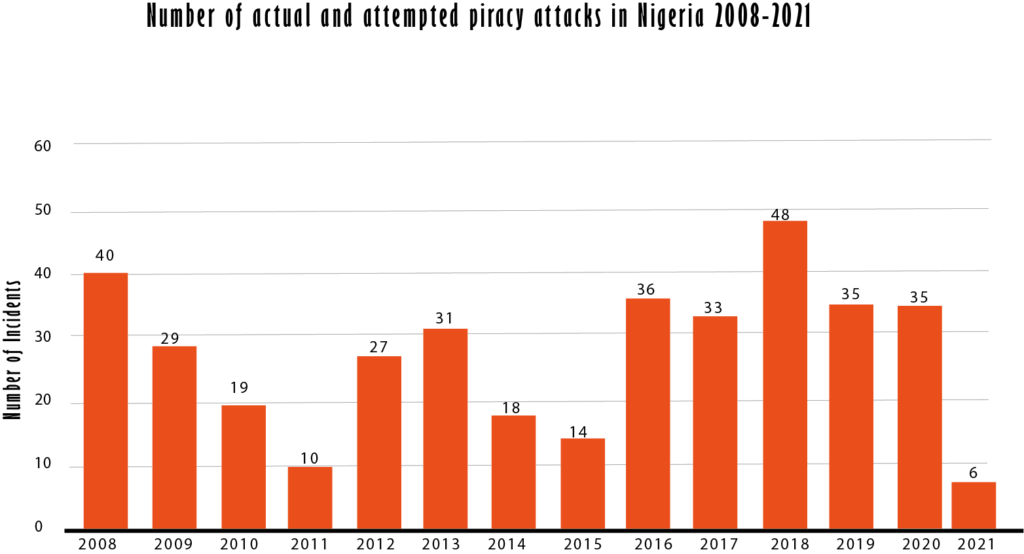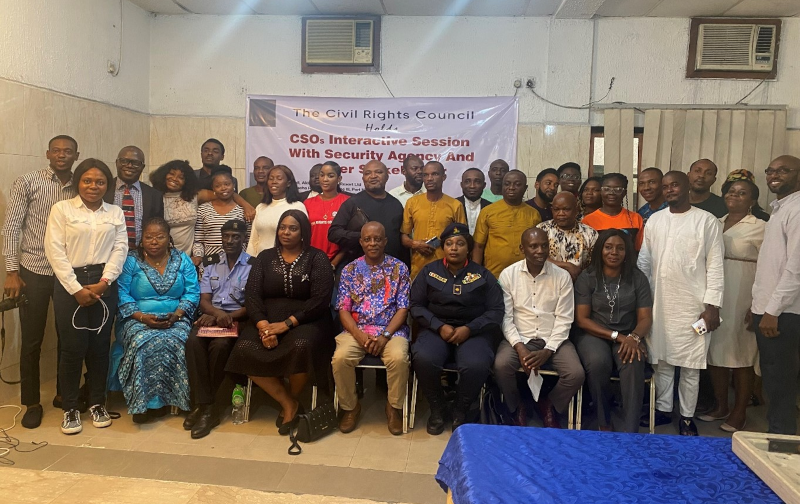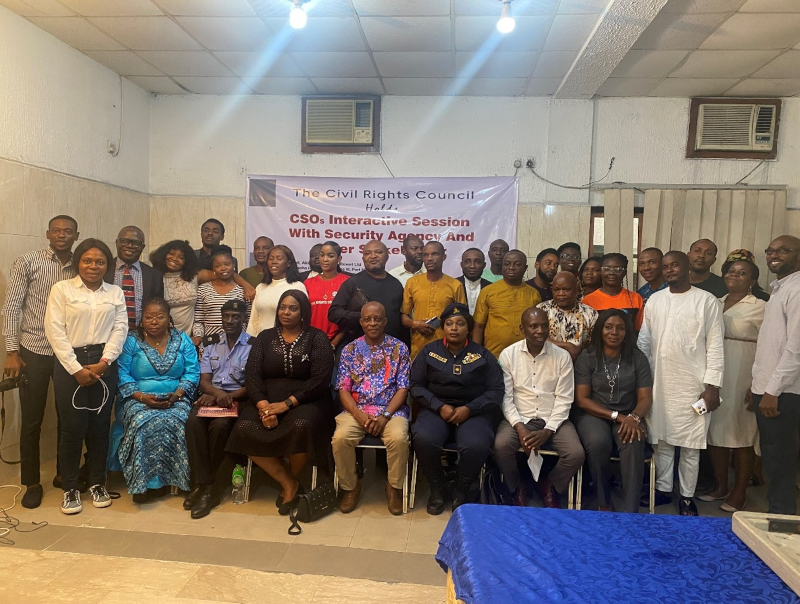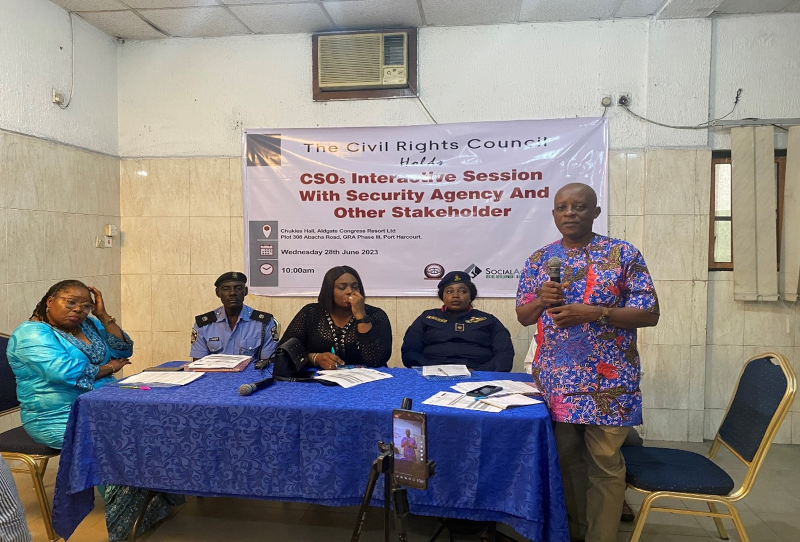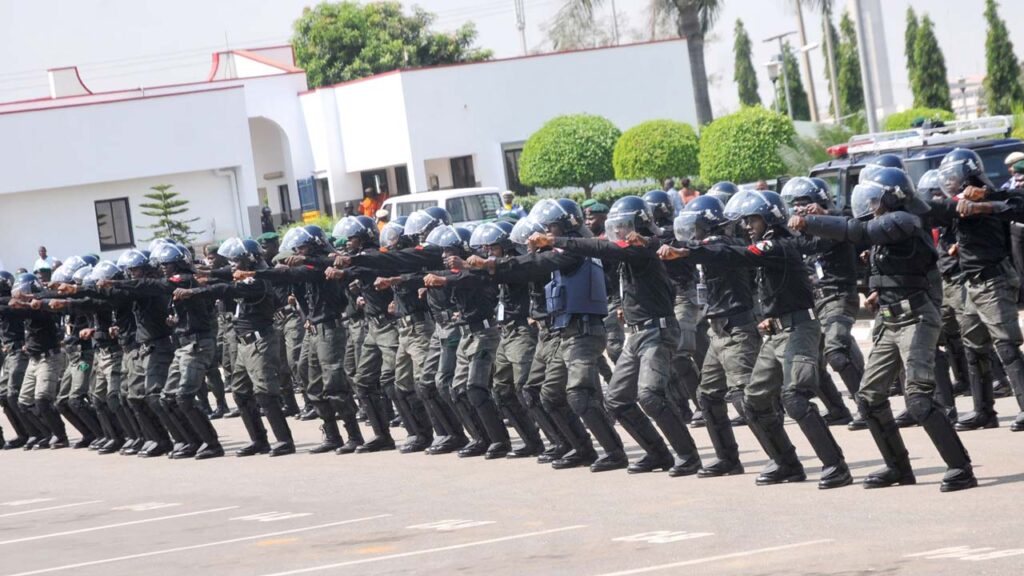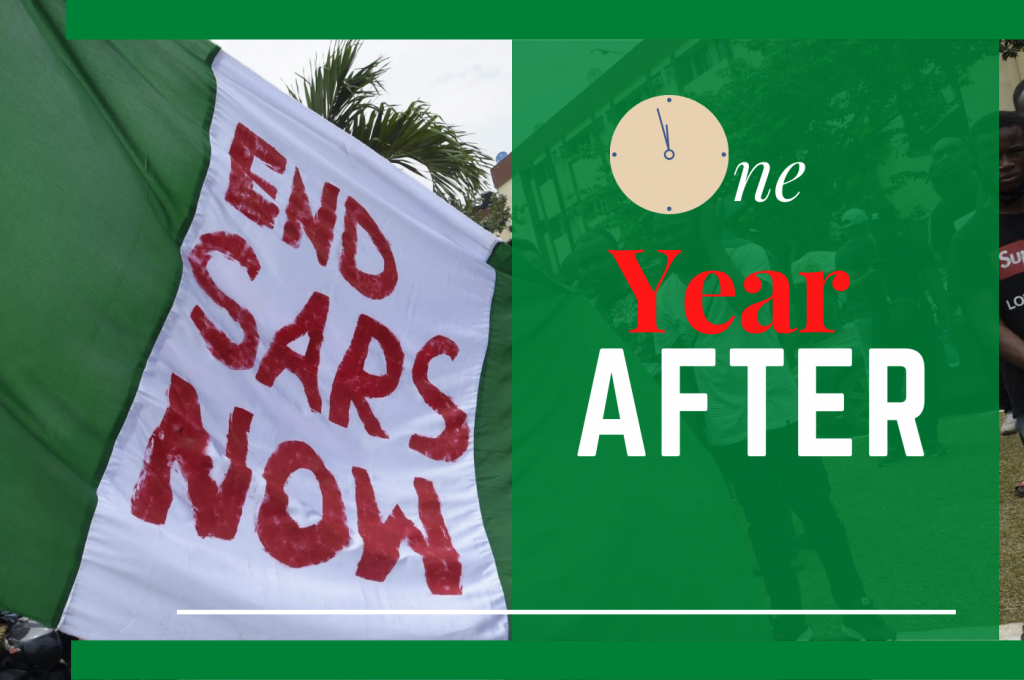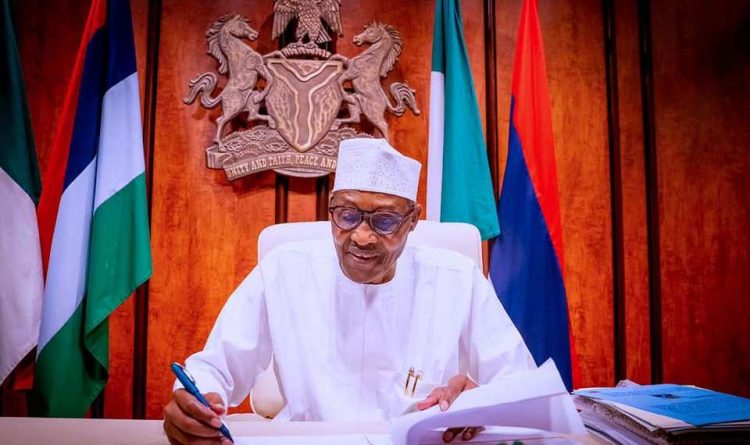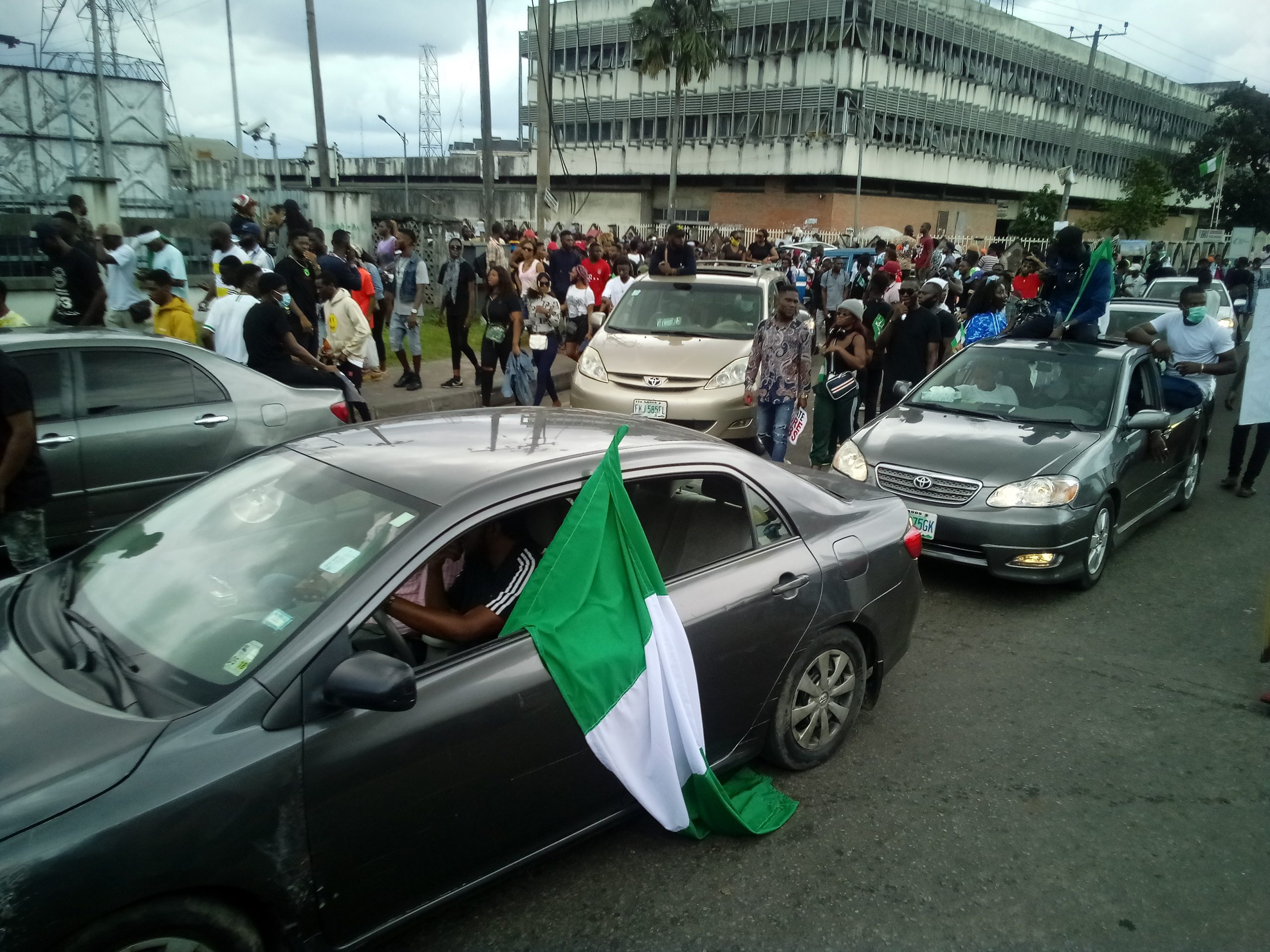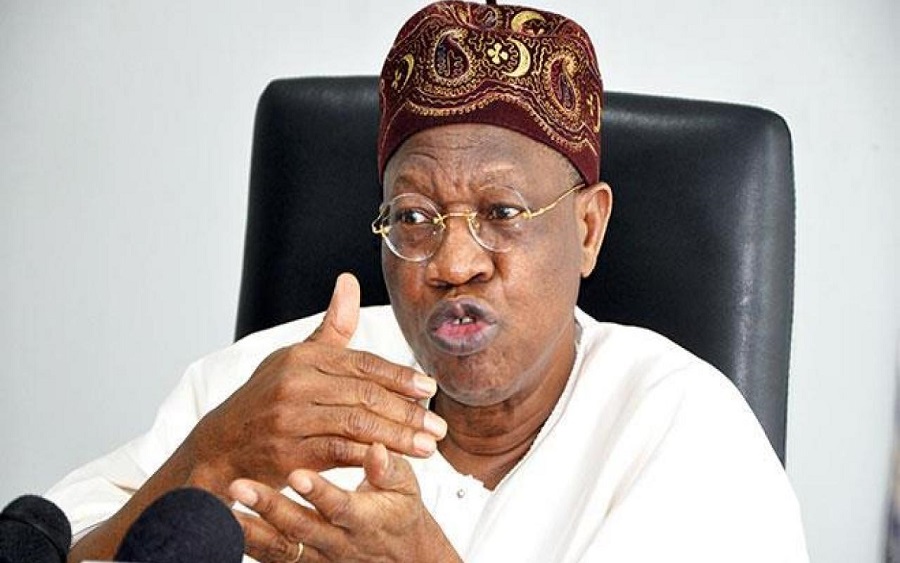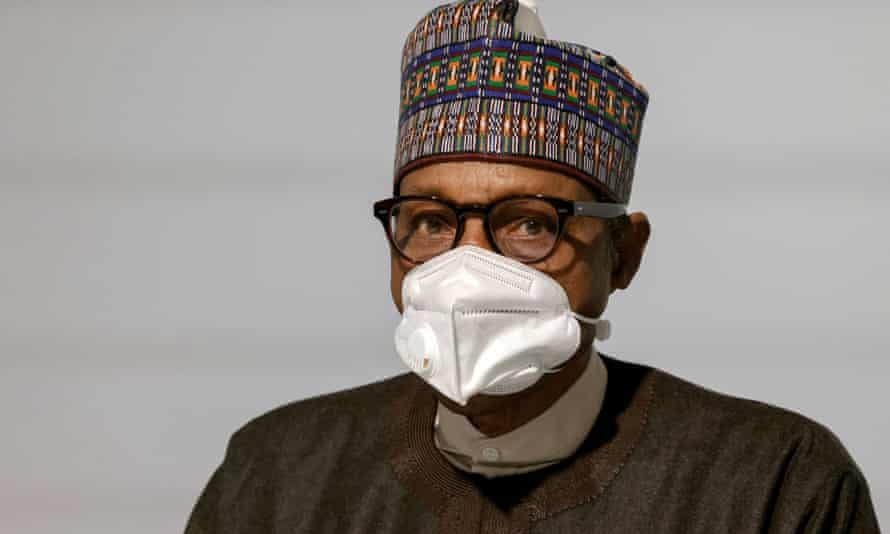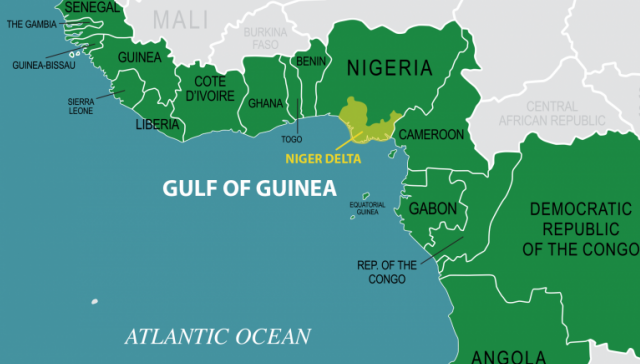
Introduction:
The ICC International Maritime Bureau (IMB) issued a warning on April 20, 2022, highlighting the persistent risk of piracy attacks and crew abductions in the Gulf of Guinea, despite a recent decrease in reported occurrences. The Gulf of Guinea accounted for over 90 percent of reported sea kidnappings worldwide in 2019, as stated by the International Maritime Bureau. The reason why this figure did not make the headlines of the paper is left to be seen because more often when sea piracy is mentioned in Africa, the Horn of Africa takes centre stage. The body of water in question encompasses a significant stretch of the West African coastline, spanning over 5,500 kilometres from Senegal to Angola. The present alarming pattern necessitates urgent consideration from regional and international maritime stakeholders in order to ensure the security of the region’s waters and preserve the well-being of seafarers.
A Decline in Reported Incidents:
The IMB’s report acknowledged that the efforts of naval forces, increased security measures, and collaborative efforts by the international community have contributed to this downward trend. While it is encouraging to note a decline in the number of reported piracy incidents in the region, it is important not to become complacent. This is because the underlying risks persist, and proactive measures must be taken to address the root causes of piracy in the region. If history is anything to go by, then we must not fail to understand that this may just be a temporary slope in the graph of piracy occurrences in Nigeria. Figures from Statictica shows an undulating pattern with respect to these occurrences mainly due to the lack of firm measure to sustain progresses made.
Complex Factors Driving Piracy:
The Gulf of Guinea has long been plagued by piracy due to a combination of complex factors. The region’s vast coastline, inadequate maritime law enforcement, weak governance, economic instability, and socio-political issues have created an environment conducive to piracy activities. In recent years, criminal syndicates have become increasingly organized and sophisticated, employing violent tactics and technology to target vessels passing through these waters.
The Human Cost:
It is crucial to highlight the human cost of piracy incidents in the Gulf of Guinea. Crew members, including seafarers from various nationalities, often endure physical and psychological trauma during these attacks. Kidnappings for ransom are prevalent, with seafarers enduring prolonged captivity under harsh conditions. The traumatic experiences faced by these individuals have a lasting impact on their lives and well-being, not to mention the toll it takes on their families and the maritime industry as a whole.
International Efforts and Collaboration:
Addressing piracy in the Gulf of Guinea requires a concerted and coordinated effort among regional governments, international organizations, and the maritime industry. Naval patrols and armed guards on vessels have proven effective in deterring attacks, but a more comprehensive approach is needed. Enhancing maritime law enforcement capabilities, improving intelligence sharing, promoting economic development in coastal communities, and strengthening governance are essential components in tackling piracy at its roots.
Capacity Building and Training:
Building the capacity of coastal states to effectively combat piracy is crucial. This includes training local law enforcement agencies, coast guards, and naval forces to enhance their ability to respond swiftly and decisively to piracy incidents. Investing in advanced surveillance technologies, providing necessary resources, and fostering international cooperation in intelligence sharing will contribute to a more secure maritime environment in the Gulf of Guinea.
Protecting Seafarers’ Rights:
Safeguarding the welfare and rights of seafarers should be a priority for all stakeholders involved. Prompt and effective response mechanisms, including rescue operations and support for affected crew members and their families, must be in place. Additionally, addressing the root causes of piracy will help create a safer working environment for seafarers, making it an attractive and viable career choice.
Implementing Regional and International Agreements and Treaties
In October 2018, the global maritime security conference was organised by the Federal Ministry of Transportation, the Nigerian Maritime Administration and Safety Agency (NIMASA), and the Nigerian Navy. The conference aimed to tackle the urgent maritime security issues in Nigeria and the Gulf of Guinea region. The conference facilitated the gathering of various maritime institutions, stakeholders, and representatives from numerous nations and served as a platform for exchanging knowledge, fostering collaboration, and developing strategies to improve maritime security and promote development.
Far-reaching decisions were made, and a communique was issued to the effect. This recommendation addresses the several courses of insecurity in the waterways of the Gulf of Guinea and outlines what each section of the stakeholders should do to curb and mitigate the occurrence. One notable recommendation was for the governments of the GoG nations to engage the local communities in the coastal state, who are not only major recipients of such attacks but are knowledgeable in the dynamic of the operations of the pirates. It was also recommended that alternative sources of livelihood should also be provided for the people who may be attracted to and likely going to enrol in these nefarious activities. But there has not been any record of the implementation of this recommendation.
Conclusion:
While the decline in piracy incidents in the Gulf of Guinea is a positive development, the persistence of the threat demands unwavering attention and proactive measures. The international community must remain committed to addressing the root causes of piracy, improving maritime law enforcement capabilities, and ensuring the protection of seafarers. By working together, we can create a safer and more secure maritime environment in the Gulf of Guinea, providing peace of mind to seafarers and fostering sustainable economic growth in the region. Regional and international agreements must be followed through and sustained to ensure successes gained in a preceding year are not lost in coming years.

